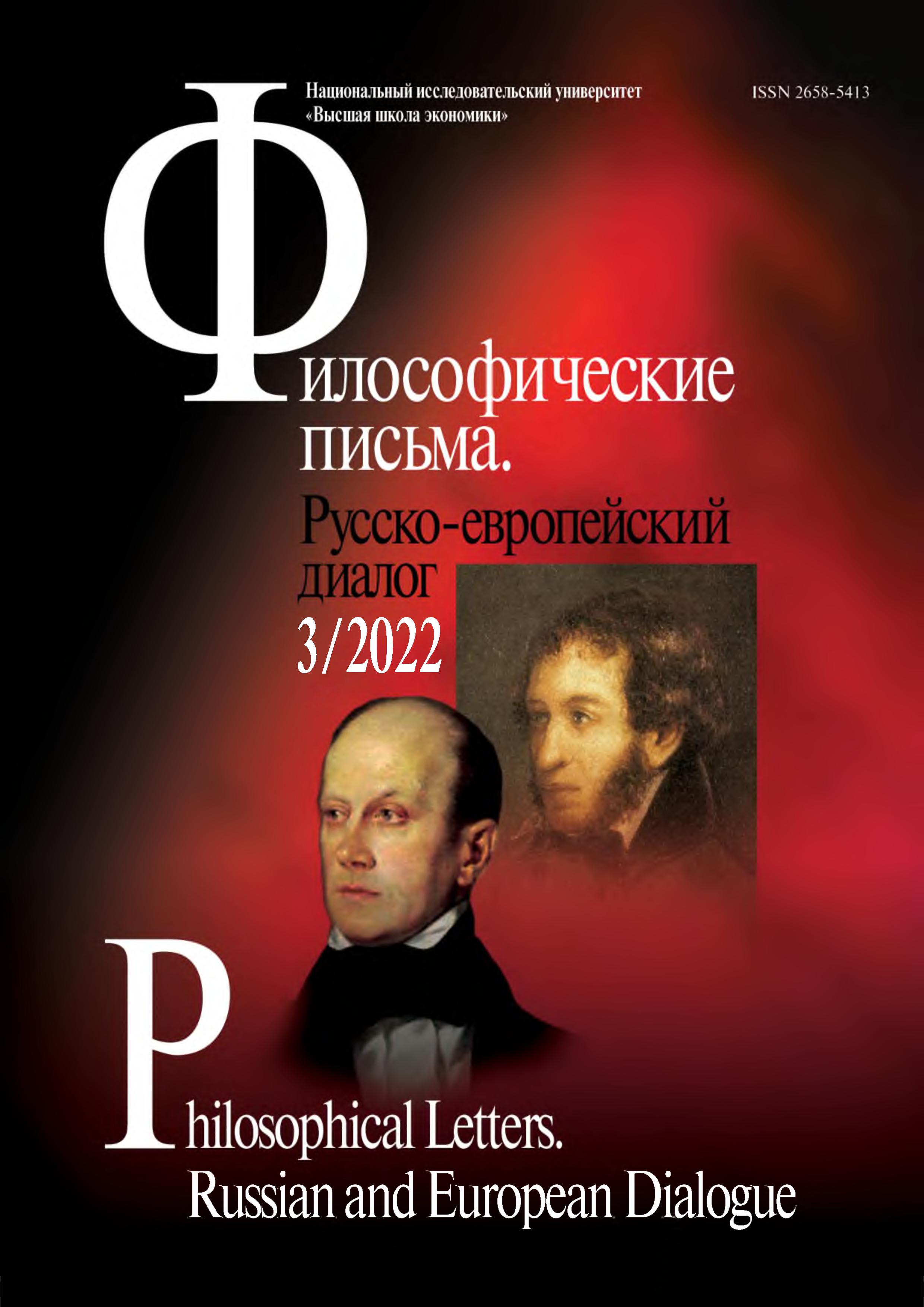Pietism in Russian Religious and Philosophical Thought of the 18th–19th Centuries
Abstract
This article focuses on the reception of Pietism in Russian religious and philosophical thought in the 18th–19th centuries. Pietism, which emerged as a reaction to formalisation of Protestantism in the 18th century, expressed people’s aspirations for personal piety and ideals of early Christianity. Influence of Pietism on Russian culture can be found as early as the 17th century. In the 18th century it grows extensively thanks to the translations of study materials by the Halle Pietists, as well as by Johann Arndt, Johann Gerhard, and Philipp Jakob Spener. The translations were used in seminaries and were part of personal and monastery libraries. Inspired by the tradition of pietism, new religious works were written (“About True Christianity” by Tikhon of Zadonsk). Pietism becomes an important part of Russian religious infosphere. In the 19th century the effect of pietist tradition continues to be strong, however, it is no longer a global phenomenon. Pietism takes an increasing importance, first of all, in religious and philosophical tradition as well as activities of various institutions involved in religious education. Among the most fervent advocates of pietism in Russia are V. A. Zhukovsky and A. S. Strudza. Nevertheless, the impact of pre-Pietism (J. Arndt), Pietism and German neo-Pietism of the 19th century can be found among almost all the Russian religious philosophers of the fi rst half of the 19th century.

